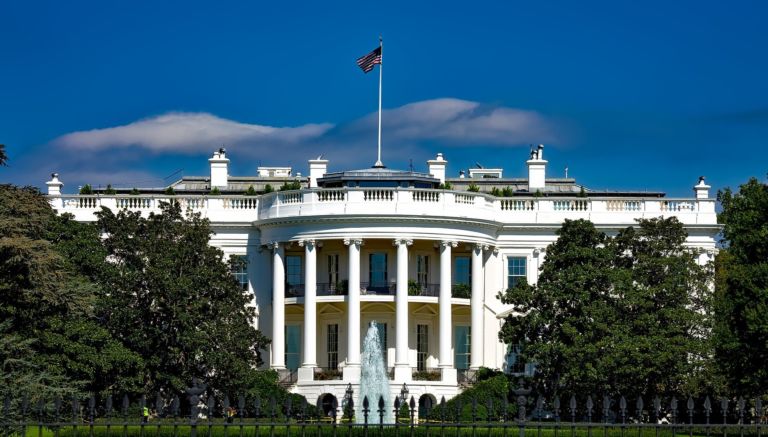Haisten Willis of the Washington Examiner probes a recent lawsuit’s potential political impact.
A fresh lawsuit revives an old challenge for President Joe Biden — delivering on his 2020 campaign pledge to forgive student loans.
Biden announced in 2022 that he’d “cancel” $10,000 of federal student debt per borrower, only to see his plan ruled illegal by the Surpeme Court. He has since announced another $144 billion in student debt writeoffs and created a program to lower future payments, but he was slapped with a new lawsuit by a coalition of Republican-led states on Thursday.
“Last time defendants tried this the Supreme Court said that this action was illegal,” reads a portion of the suit from Kansas and 10 other states. “Nothing since then has changed, other than introducing more legal errors into this rule’s underlying analysis.”
Missouri has promised to deliver a second suit making similar arguments next week, creating the possibility that Biden will once again face a political setback on student loans that could dampen enthusiasm for his reelection campaign in 2024, particularly among younger voters.
Biden has aggressively pursued student debt transfers even without congressional support. His original plan would have written off at least $400 billion of debt, and since it was struck down, he has announced new rounds of cancellation using a different legal justification, plus the Saving on a Valuable Education Plan, to lower loan payments drastically.
The Penn Wharton Budget Model estimated that SAVE could add $475 billion to the national debt over 10 years.
Those moves have outraged Republicans who say Biden is breaking the law for what is effectively a net wealth transfer from people who did not go to college to people who did.
“The vast majority of Americans recognize that it’s unfair to do that,” Kansas Attorney General Kris Kobach, who led the lawsuit, told the Washington Examiner. “It is effectively a gift, a grant, from the federal government. Well, who pays that? It doesn’t come out of thin air, it comes from the rest of us taxpayers.”


